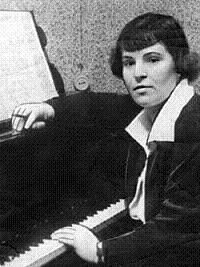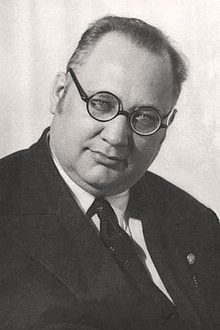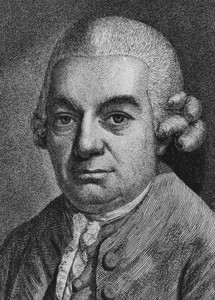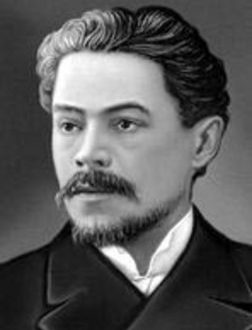
Galina Ivanovna Ustvolskaya |
Galina Ustvolskaya

The first representative of post-war new music in the Soviet Union. Galina Ustvolskaya began to create her compositions, written in a fully formed musical language, already in the late 1940s – early 1950s – and thus began her career a decade and a half earlier than the authors of the sixties generation, who reached creative maturity only in the years ” thaw.” All her life she remained a hermit, an outsider who did not belong to any of the schools or creative groups.
Ustvolskaya was born in 1919 in Petrograd. In 1937-47. studied composition with Shostakovich at the Leningrad Conservatory. By the time it ended, the extremely ascetic and at the same time extremely expressive language of Ustvolskaya had already developed. In those years, she also created several works for orchestra, which still fit into the mainstream of the grand style of Soviet music. Among the performers of these compositions was Yevgeny Mravinsky.
In the late 1950s, Ustvolskaya departed from her teacher, completely renounced creative compromises and led a life of a recluse, not very rich in external events. For almost half a century of creativity, she created only 25 compositions. Sometimes several years passed between the appearance of her new works. She herself believed that she could create only when she felt that God dictated music to her. Since the 1970s, the titles of Ustvolskaya’s works have unequivocally emphasized their existential and spiritual orientation, they contain texts of religious content. “My writings are not religious, but undoubtedly spiritual, because in them I gave myself all: my soul, my heart,” Ustvolskaya later said in one of the rarest interviews.
Ustvolskaya is a specifically Petersburg phenomenon. She could not imagine her life without her native city and almost never left it. The feeling of a “cry from the underground”, which fills most of her works, obviously traces its lineage to the phantoms of Gogol, Dostoevsky and Kharms. In one of her letters, the composer said that her work was “music from a black hole.” Many of Ustvolskaya’s compositions are written for small but often unusual instrumental ensembles. Including – all her subsequent symphonies (1979-90) and works that she called “compositions” (1970-75). For example, only four performers participate in her Fourth Symphony (Prayer, 1987), but Ustvolskaya categorically objected to calling these works “chamber music” – their spiritual and musical impulse is so powerful. Let us quote the words of the composer Georgy Dorokhov (1984-2013), who died untimely (his work can in many ways be considered the spiritual heritage of Ustvolskaya’s “extreme hermitage”): “Extreme disproportions, imbalance of compositions do not allow us to call them chamber. And the limited instrumentation comes from the concentrated composer’s thinking, which does not even allow the thought of not only superfluous, but simply additional details.
Real recognition came to Ustvolskaya in the late 1980s, when prominent foreign musicians heard her compositions in Leningrad. In the 1990s – 2000s, a number of international festivals of Ustvolskaya’s music took place (in Amsterdam, Vienna, Bern, Warsaw and other European cities), and the Hamburg publishing house Sikorski acquired the rights to publish all of her works. Creativity Ustvolskaya became the subject of research and dissertations. At the same time, the first trips of the composer took place abroad, where the performers of her works were Mstislav Rostropovich, Charles Mackerras, Reinbert de Leeuw, Frank Denyer, Patricia Kopatchinskaya, Markus Hinterhäuser and other famous musicians. In Russia, the best interpreters of Ustvolskaya include Anatoly Vedernikov, Alexei Lyubimov, Oleg Malov, Ivan Sokolov, Fedor Amirov.
Ustvolskaya’s last composition (Fifth Symphony “Amen”) is dated 1990. After that, according to her, she ceased to feel the divine hand dictating new compositions to her. It is characteristic that her work ended with the Soviet Leningrad, and inspiration left her in the free “gangster Petersburg” of the 1990s. For the last decade and a half, she has not taken part in the musical life of her city, and rarely communicated with musicologists and journalists. Galina Ustvolskaya died at an advanced age in 2006. Only a few people attended her funeral. In the year of the composer’s 90th birthday (2009), anniversary concerts of her compositions were held in Moscow and St. Petersburg, organized by Alexei Lyubimov, the greatest enthusiast of Ustvolskaya’s work.
Source: meloman.ru





